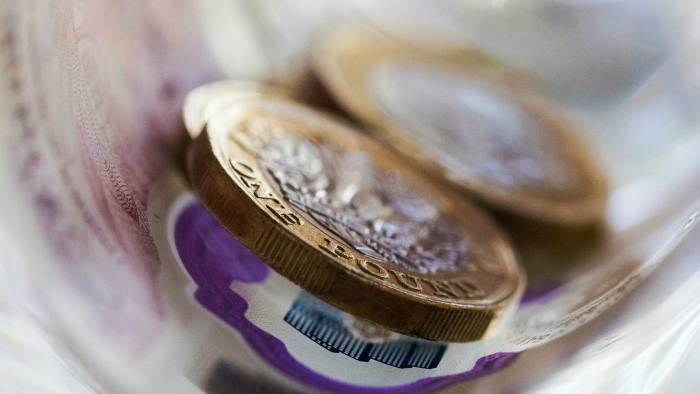Terrytpot
Established Member
Sheesh,you guys are all “a bit deep” in here…my only thought to add is had a chat with my “Independent financial (pension bloke) advisor “ a few weeks ago and slipped into the conversation that only certain things in life are inevitable…like interest rate rises (they could hardly drop when they’re about as low as they can possibly drop) to which he was most adamant that it not only wasn’t but also that they couldn’t rise..guess what my eyebrows did earlier today when I saw this:
UK interest rates
Add to myFT
Market expectations for Bank of England rate rise shift to early 2022
Policymakers’ rising inflation concerns lift sterling and pressure UK bonds

UK interest rates
Add to myFT
Market expectations for Bank of England rate rise shift to early 2022
Policymakers’ rising inflation concerns lift sterling and pressure UK bonds


































